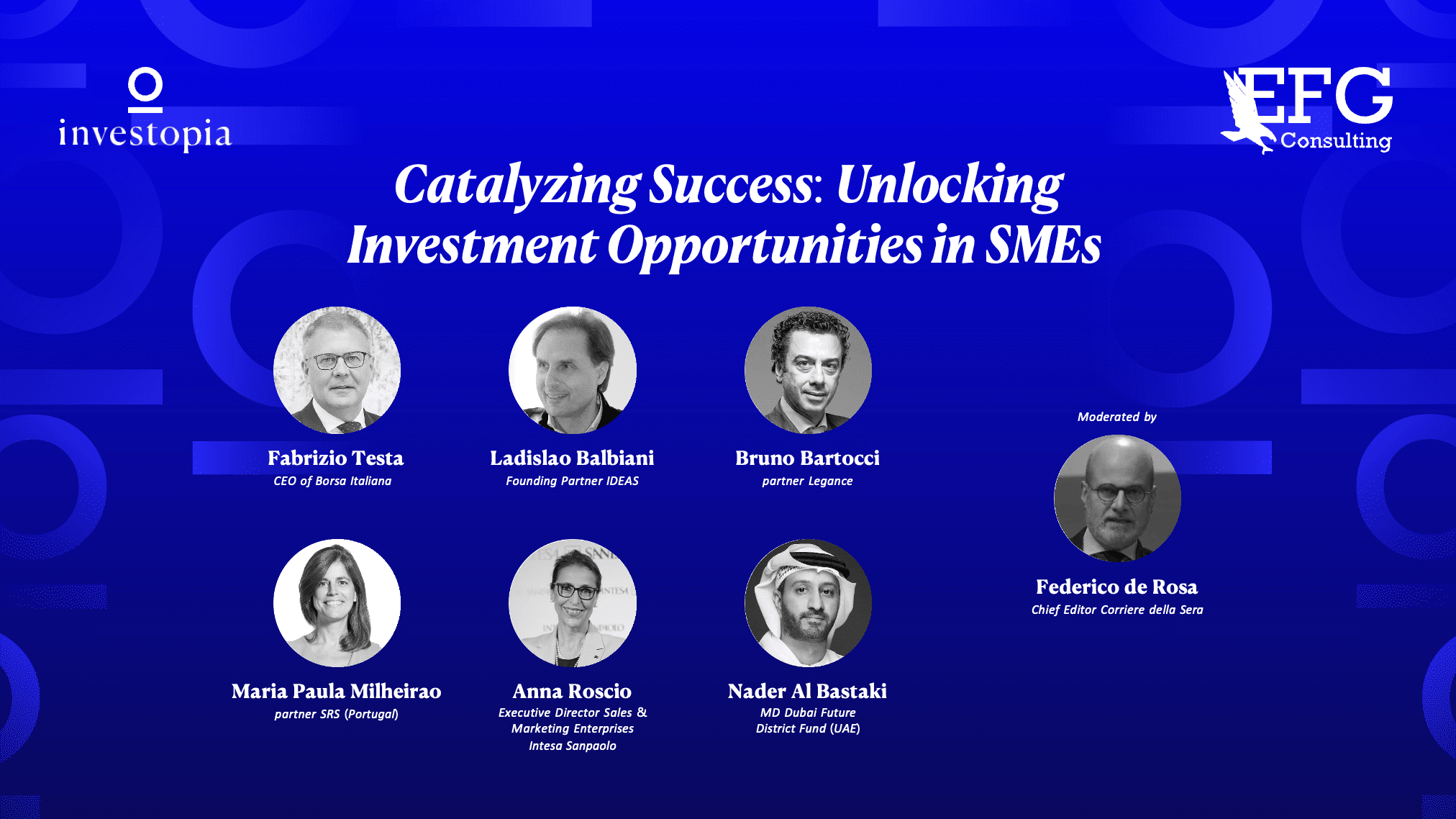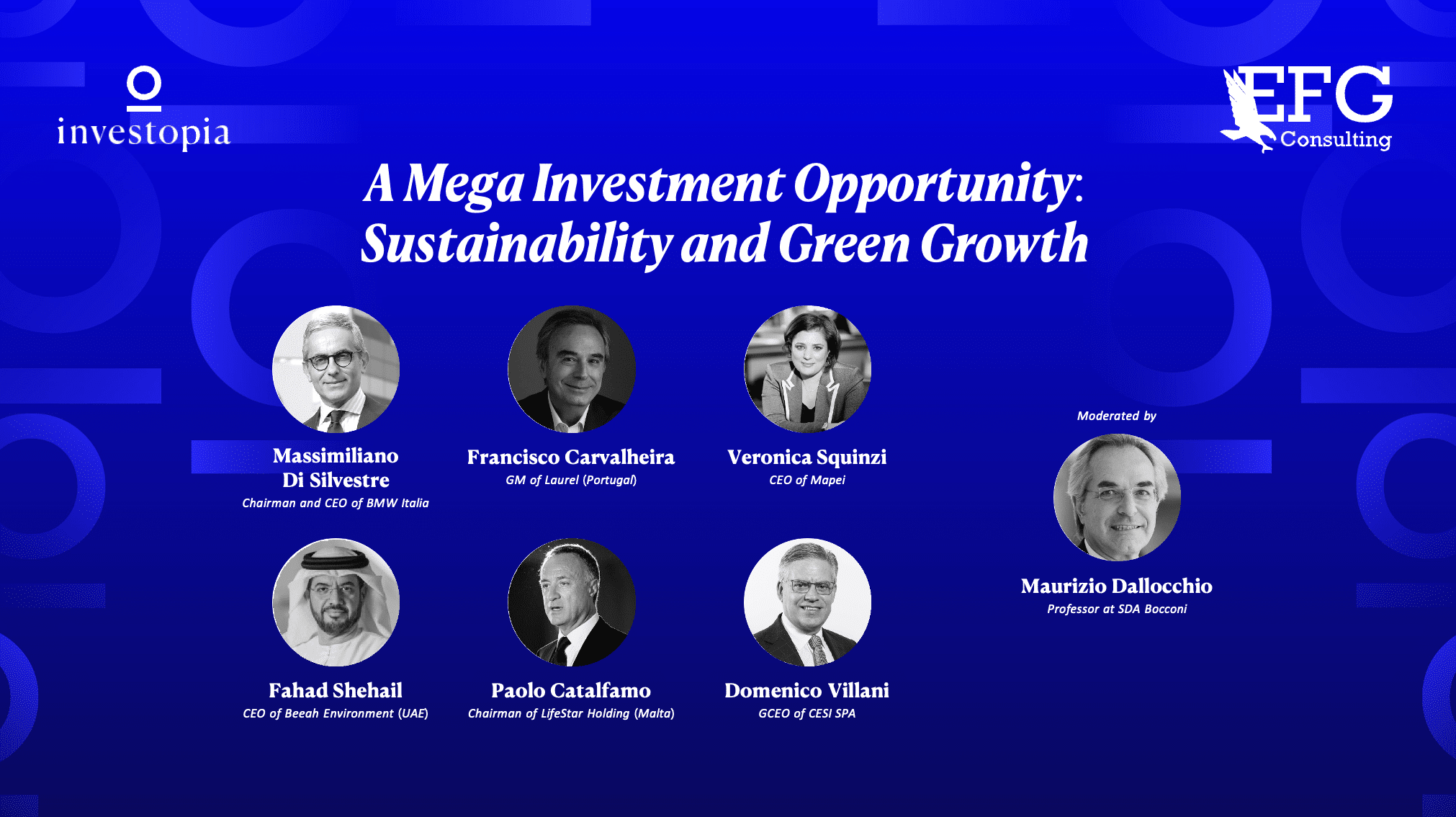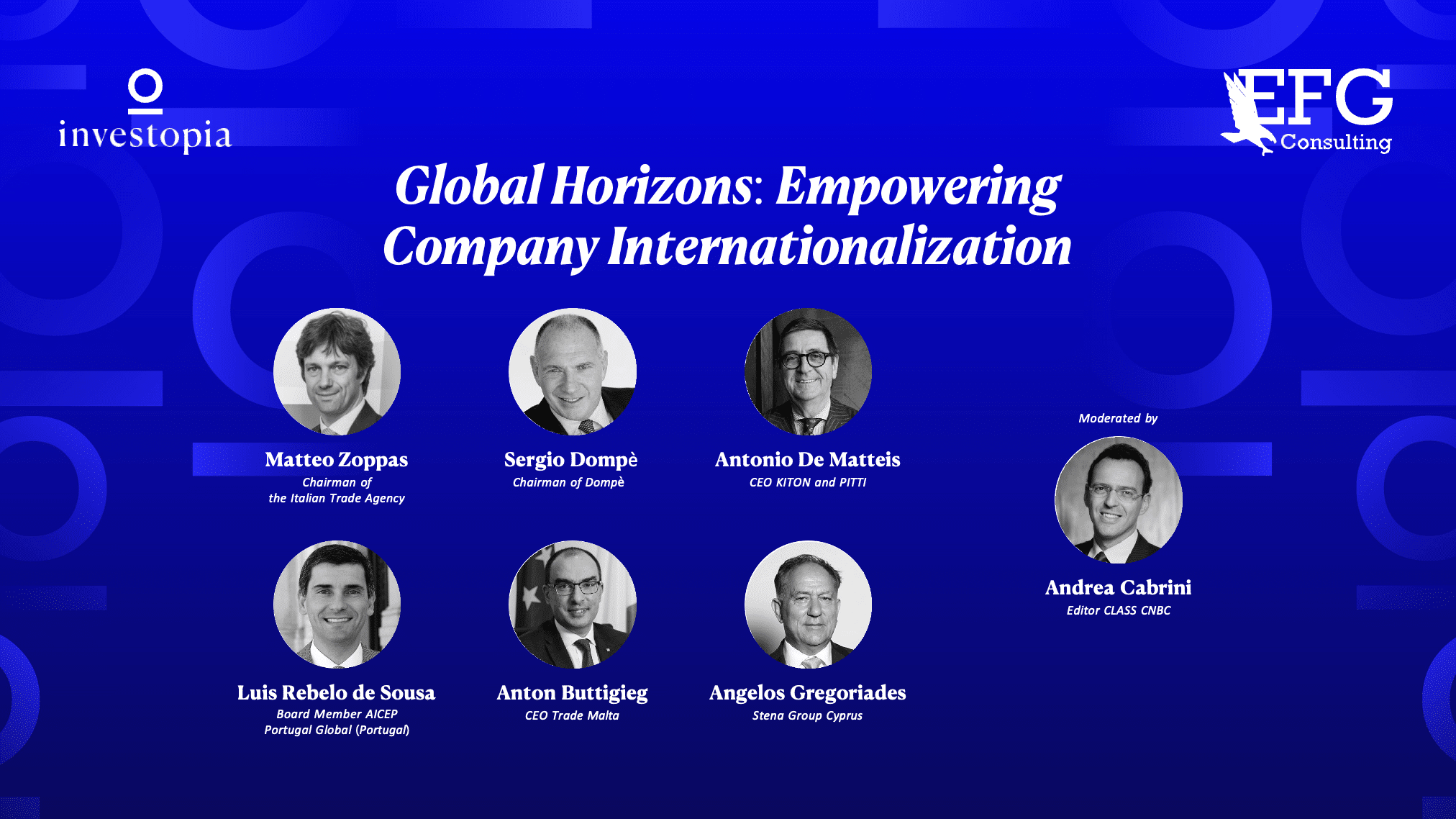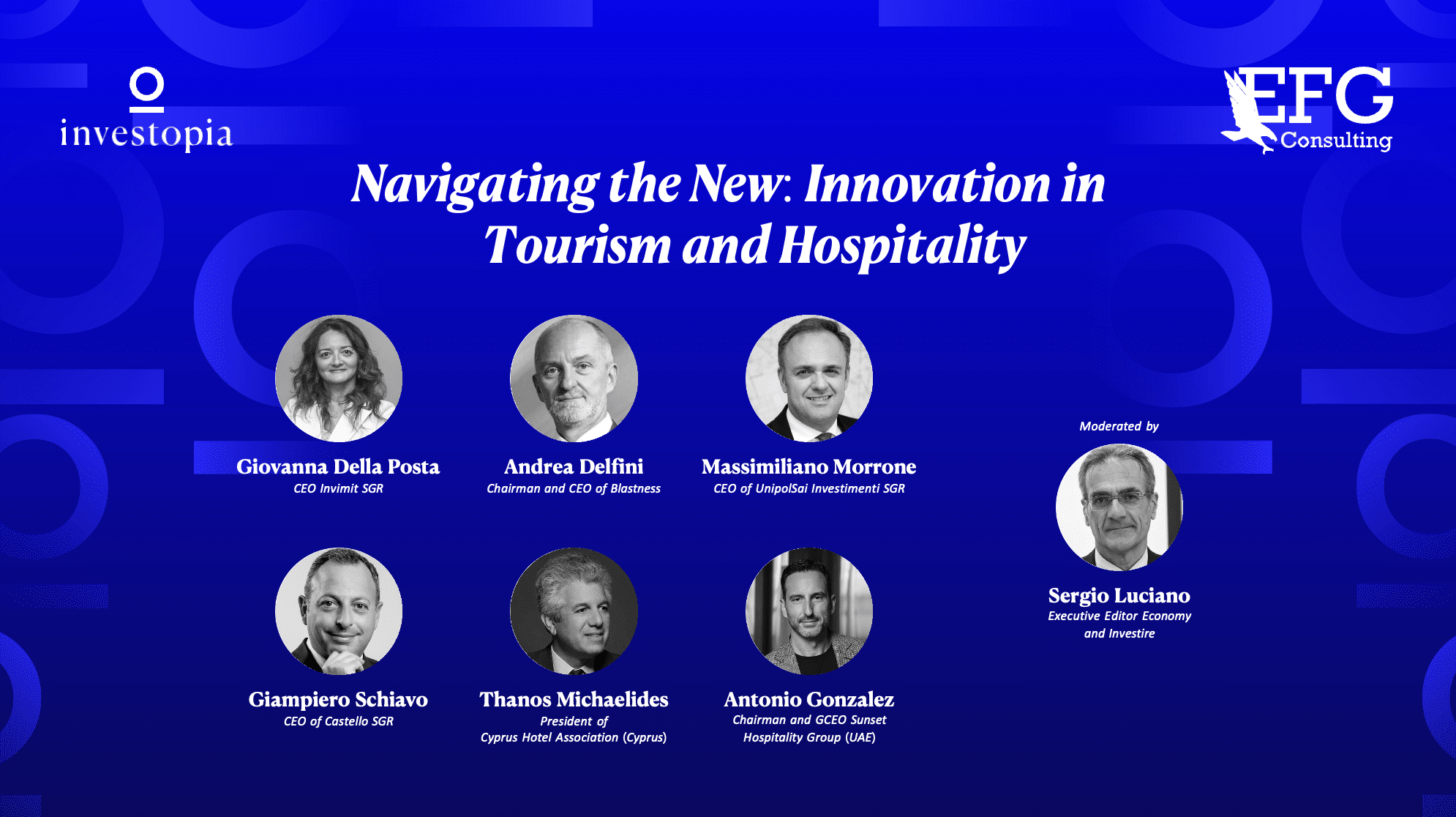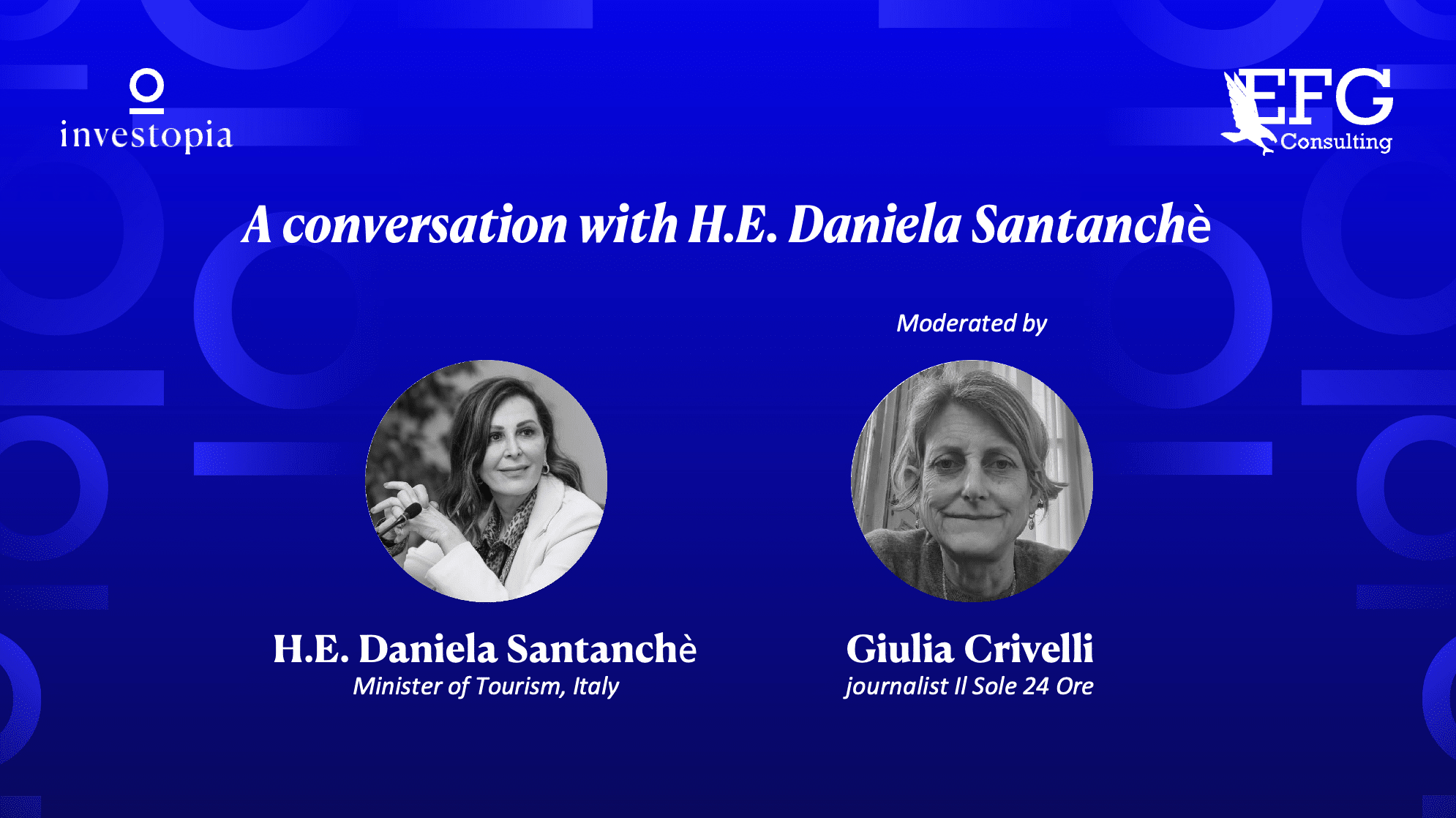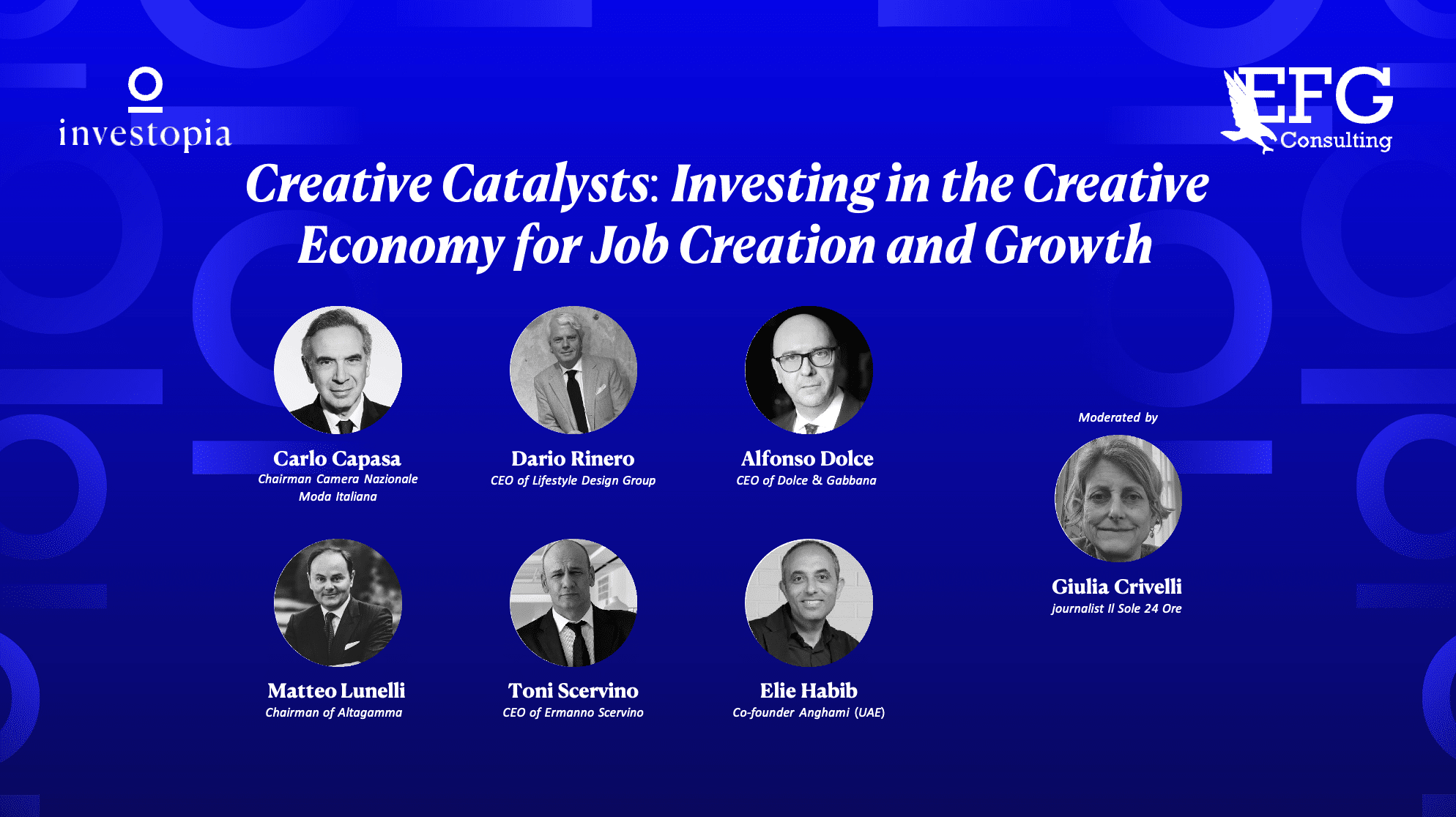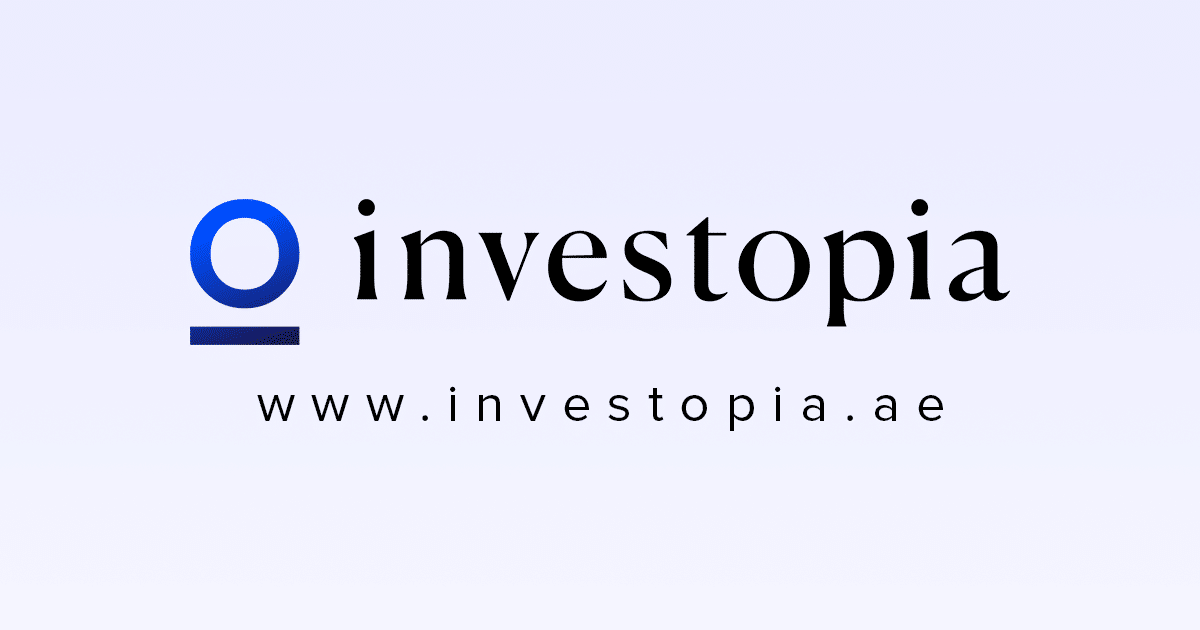Session Speakers:
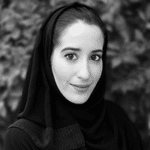
H.E. Laila Abdullatif
Director General, Emirates Nature-WWF
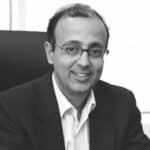
Sanjiv Kakkar
Executive Vice President, Unilever MENA, Russia, Ukraine, Belarus & Turkey
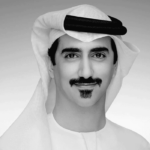
Sheikh Majid Al Qassimi
Co-founder, Soma Mater
Share
Listen to this content
Key Takeaways
- The circular economy presents a significant business opportunity and can help reduce waste and save money in the long run.
- Collaboration and partnerships between stakeholders are essential in driving the circular economy forward.
- Education and awareness-raising are necessary to change behaviors and promote more sustainable practices.
- The UAE has made progress in adopting circular economy practices, but there is still work to embed these practices into society and the economy.
- A circular economy means rethinking waste and packaging, designing products for reuse and recycling, and being mindful of the entire lifecycle of products.
The application of circular economy principles represents an enormous opportunity to advance sustainable economic growth and attract foreign direct investment in the UAE. In a session titled “From Linearity to Circularity: Moving to Sustainability-focused Economic Governance” at Investopia 2022 Inaugural Summit, industry leaders gathered to discuss the role of a circular economy in driving sustainable growth.
The session was moderated by Sara Menker, Founder and CEO of Gro Intelligence, and featured Sheikh Dr. Majed Al Qassimi, Co-Founder of Soma Mater; H.E. Laila Abdullatif, Director General of Emirates Nature WWF; Sanjiv Kakkar, Executive Vice President of Unilever MENA, Russia, Ukraine, Belarus, and Turkey; and Kristen Siemen, Chief Sustainability Officer of General Motors.
The speakers agreed that the circular economy is one of the pillars of the UAE’s new economic model and an essential component of achieving sustainable economic growth at a regional and global level. They discussed the challenges of transitioning to circular economy practices, such as overcoming silos and promoting cooperation between stakeholders, while emphasizing the need for public-private partnerships to drive the adoption of sustainable practices.
Sheikh Dr. Majed Al Qassimi shared an example of an exemplary circular economy practice in the UAE. He recounted how an F&B delivery company was looking to be more sustainable in its use of packaging but realized that purchasing new sustainable packaging would be too expensive. The company instead partnered with its competitors to buy sustainable packaging in bulk, resulting in a win-win situation and an industry-wide shift towards more sustainable practices.
The speakers also discussed the importance of education and awareness campaigns to promote sustainable practices among civil society, governments, and corporates. Emirates Nature WWF works to inform people and promote science-based solutions for environmental conservation, climate change, and sustainability. Unilever is focused on changing consumer behavior through education and awareness campaigns, rethinking waste and plastic packaging, and investing in post-consumer recycled plastic (PCR) packaging. General Motors emphasized the need to consider the entire lifecycle of a product, from design to disposal, and prioritize reuse and recycling.
The speakers all emphasized that moving towards a more circular economy is not just the right thing to do for the environment but also presents a significant business opportunity. As Sanjiv Kakkar noted, “The circular economy is a big opportunity for businesses to redesign their models to align with the environment and get more value from their business.” By embracing circular practices, businesses can reduce waste and save money in the long run while improving their public image by demonstrating their commitment to sustainability.
Another key theme of the session was the need for collaboration and partnerships between different stakeholders, including governments, businesses, and civil society. As H.E. Laila Abdullatif noted, “We need partnerships to drive the circular economy. We cannot achieve this alone, and we need to bring different stakeholders together to work towards this goal.” Sheikh Dr. Majed Al Qassimi echoed this sentiment, highlighting the importance of private-public partnerships in driving the circular economy forward.
The session concluded with each speaker sharing their definition of a circular economy. Sheikh Dr. Majed Al Qassimi described it as a natural process without waste. H.E. Laila Abdullatif defined it as an economy considering all value chain steps. Sanjiv Kakkar characterized it as an ecosystem that meets consumers’ needs while prioritizing environmental protection, and Kristen Siemen highlighted the importance of understanding the entire lifecycle of products and pieces.
In summary, the session demonstrated the growing importance of the circular economy in driving sustainable economic growth in the UAE and beyond. By emphasizing the need for public-private partnerships, education, awareness campaigns, and a shift in consumer behavior, the speakers highlighted the potential of circular economy principles to transform economic governance and drive sustainable growth.



